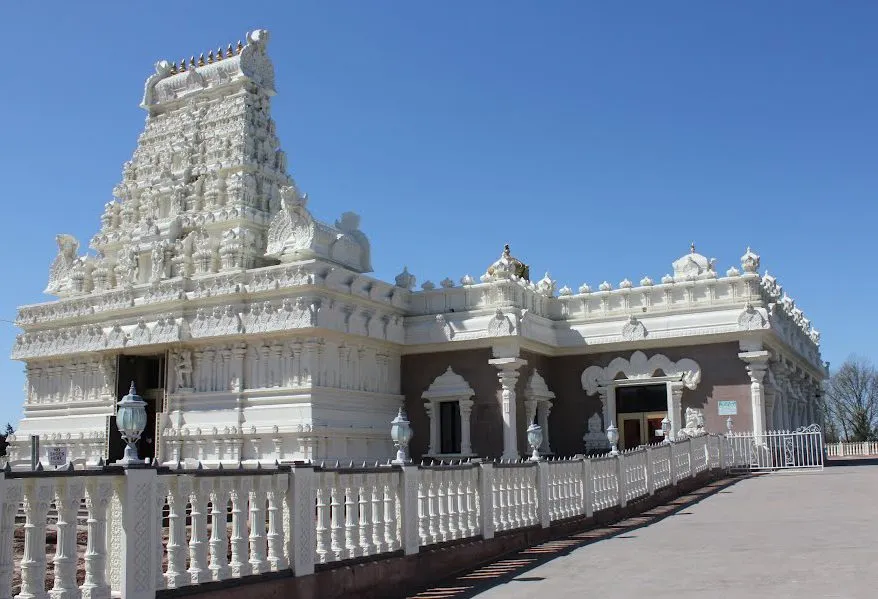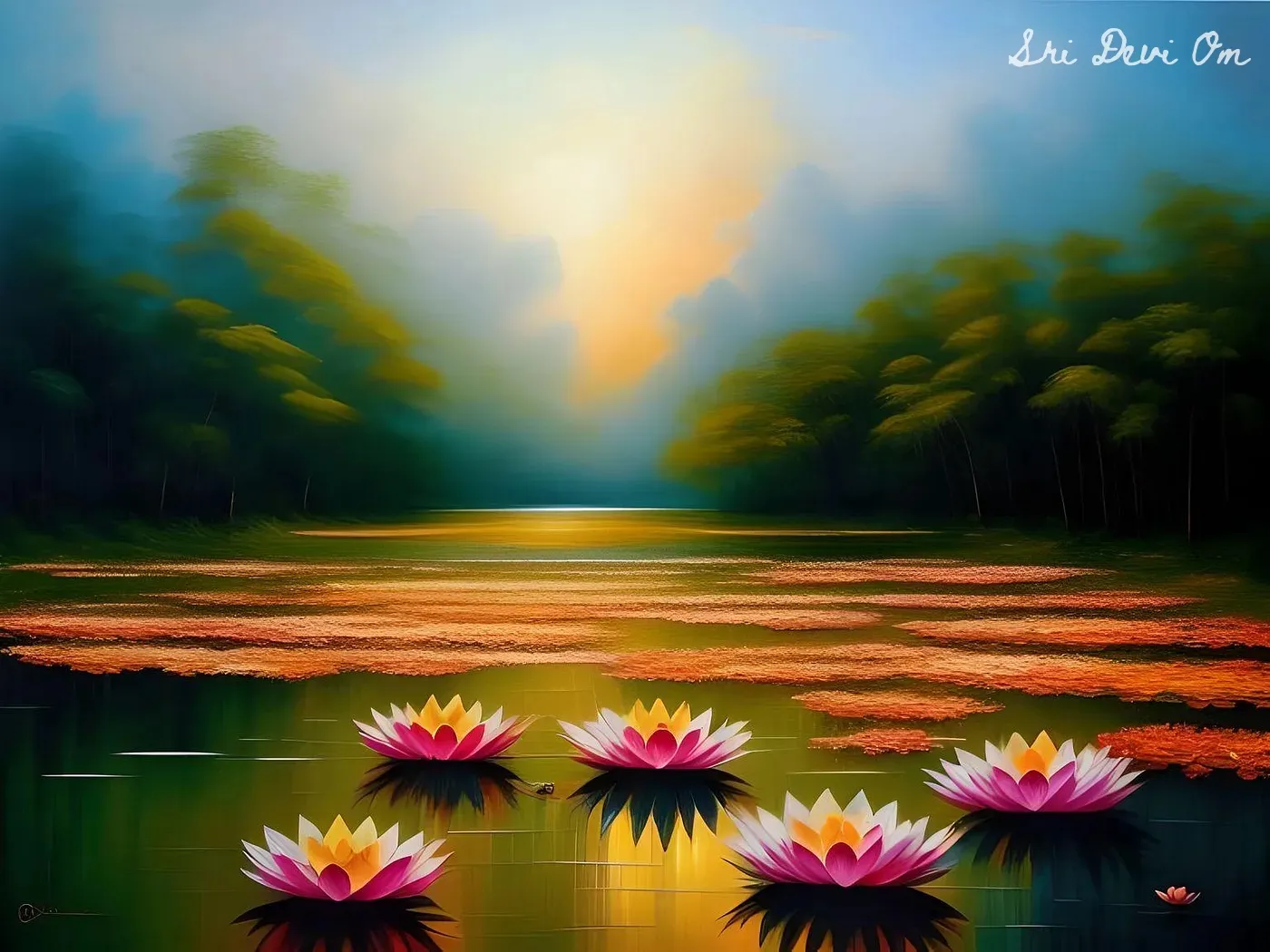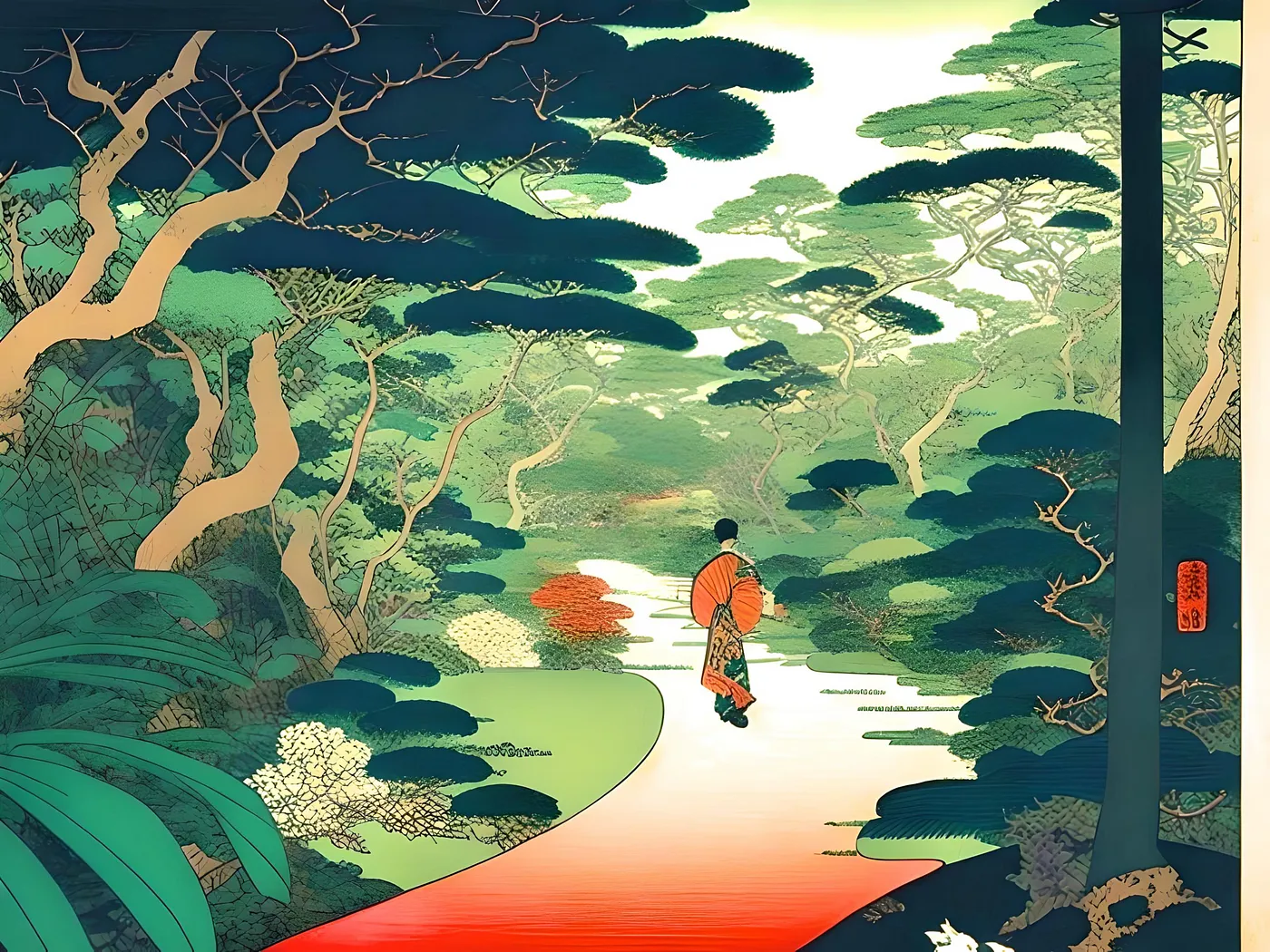In this AI age, the essence of genuine human connection is slowly slipping away. We often encounter generic positive content, where algorithms dictate what we see, read, and experience.
Amid this digital revolution, it becomes vital to rediscover the need for personal expression. This is where Spiritual Writing comes to our aid, especially in Sanatana Dharma-based spirituality.
My Experience
I was angry with the world for various reasons when I began blogging. At first, my posts reflected those sentiments, where I vented quite a bit.
As I kept expressing myself freely, I moved into the next stage. I wasn’t angry anymore, but I craved to speak out my life story. Holding it within felt like a burden that made me restless, which showed in my articles.
With time, I cleared all those hurdles and began writing positive content for my readers. I intended to break delusions and bring change. Plus, I also strived to collect funds for charity.
Even that evolved as my writing got more spiritual. Today, I write in some joyful space. Whenever thoughts arise, I put them out on Medium to clear my head, either to remain thought-free or to enable new concepts to form.
Writing For Self
Now, when I go back and read my older posts, I see all sorts of emotions in them. It’s not always positive or pleasing content. (Note: I’ve removed most of my life story blogs because I’m turning them into fiction, a genre I enjoy writing.)
Earlier, when I had posted those out, many saw my inner boiling. In fact, people connected with my human and vulnerable aspect. At other times, I wrote in pristine joy. There were also times when I slipped into a state of Samadhi, where I could not distinguish myself from the Divine Energy.
In whichever way I wrote, my posts resonated with my readers (even though that was the least of my concerns). That’s because I bared myself. It was all written from my heart, for myself, and not for anyone else.
Truth is one thing my posts refuse to compromise because that’s my freedom. To be myself, even when the world is watching, is a liberating experience.
Zero Confidence To Strength
The numero uno purpose of spirituality is the purity of intent. To attain that, all spiritual practitioners must go through a purging process. Sanatana Dharma refers to this as self-purification, which forms the crux of all rituals and Sadhana.
As I saw from experiences, writing becomes a self-purification tool when we express ourselves freely, maybe even to vent out.
Of course, with freedom comes the responsibility of dealing with the consequences, in this case, social judgments. To avoid those from seeping into other walks of life, you can keep your comment closed and write using a pen name (or spiritual name), which I did in my early stages of writing.
Later, I opened my comments and revealed my identity to the world. At that time, massive stones flew towards me. Handling those became a spiritual austerity that forced me out of my shell to emerge stronger.
I came in to write with zero self-confidence, and today, I can take any stone or even a bullet with a smile. That’s what writing my life stories has given me.
A Spiritual Sadhana
What caused writing to trigger changes in me? Freedom of Expression, the foundation of spiritual evolution.
From my experience, I can assure you that writing your life story is a Sadhana akin to meditation. It cleanses you while also helping those who read it in many ways. That’s the reason the sages of Sanatana Dharma created so much content, which displays a myriad of emotions.
Even now, I often vent out in posts rather than at people. It helps me review my thoughts before they slide into my subconscious to become deep-rooted emotions.
Curbing and restricting ourselves to positive or pleasing content removes spirituality from writing. That’s simply self-help material, which even AI can write. Those are helpful, but they don’t really heal or cleanse you. The freedom to express oneself is what makes writing so spiritual.
Spiritual Liberation
The ultimate goal of spirituality is liberation. In a more modern and relatable term, it means freedom. That is, you are mentally free from conditioning, attachments, and anything that limits you in all situations.
In lay terms, spiritual liberation means you are free to follow your heart while using your brain.
Sanatana Dharma is one of the greatest advocates of freedom (liberation). If you sincerely want to use this faith to reach your spiritual goal, follow our ancient sages and routinely throw your thoughts into the world through your writings to purify yourself.
Stop binding yourself to unwanted norms and umpteen rules. Freedom of expression is the easiest way to evolve spiritually. So, quit thinking about your readers and just write for yourself.
Scribble your life stories and experiences. Those are not just unique to you; they also make you sound and feel human. Your writings help you cleanse and free yourself, which aids your spiritual growth. With time, your venting of thoughts may evolve into Seva, where even your readers benefit.
Love,
Sri Devi Om



